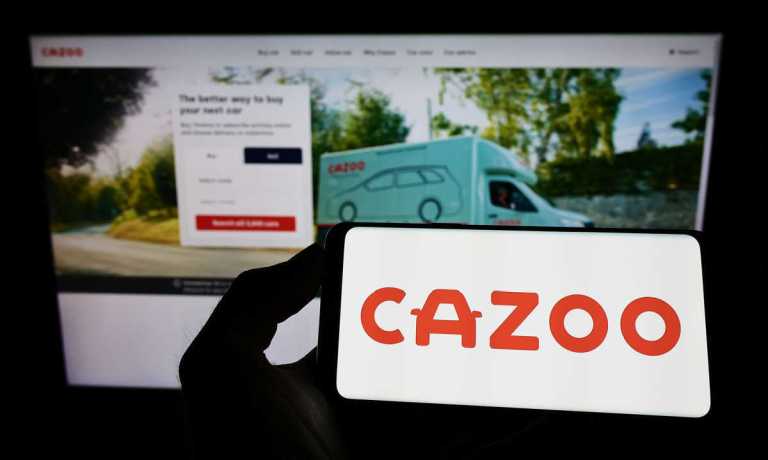Cazoo Switches Focus to Become ‘Pure Play’ Automotive Marketplace

Cazoo’s days of selling used cars are coming to an end.
The U.K. company plans to transition into a “pure play” automotive marketplace, Cazoo said in a Wednesday (March 6) news release, the latest example of an online car seller shifting its focus amid a tough economic climate.
“Transitioning Cazoo to a pure-play automotive marketplace business model leverages our key advantages: the nationally recognized and trusted Cazoo brand and the Cazoo eCommerce technology platform,” said CEO Paul Whitehead.
“We have built a data-driven business for buying and selling cars and having sold close to 160,000 cars we have demonstrated that there is robust demand for online transactions in the automotive market,” he added.
According to the release, Cazoo will on Wednesday begin “unwinding” its inventory through retail and wholesale channels, and make other changes in keeping with the pure-play marketplace model.
This means exiting fulfillment operations and cutting staff “to focus on our ecommerce technology platform, proprietary data, brand, and our digital marketing and commercial functions,” Cazoo said.
Those layoffs follow staffing cuts in 2023, a year in which Cazoo sold its subscription business in Germany and abandoned plans to expand into Spain and Italy as it focused more on operations in its home country.
Also leaving the company is Whitehead, stepping down after more than five years with the firm. He will remain with Cazoo until at least mid-May in an advisory role.
Cazoo’s move comes at a time when online car platforms have been riding a rocky — and seemingly endless — road to profitability.
“Inventory’s been lumpy, aging and — in the age of (still) high interest rates — tough to afford for many consumers, as the spate of recent earnings reports from the online platforms show,” PYMNTS wrote in November.
Earlier this year, Vroom announced it was winding down its eCommerce operations and discontinuing its used vehicle dealership business as it shifts focus to its automotive finance arm, United Auto Credit, and CarStory, which provides artificial intelligence-powered analytics and digital services for automotive retail.
Other companies have been enhancing features and carrying out cost-reduction measures. For example, CarGurus recently launched a feature that lets dealers present two distinct offers to consumers considering selling their cars.
“One offer entails the dealer picking up the vehicle at the seller’s home, while the other option involves the seller delivering the car to the dealer,” PYMNTS wrote. “This dual-offer feature provides consumers with greater flexibility and convenience while empowering dealers to tailor their offers accordingly.”